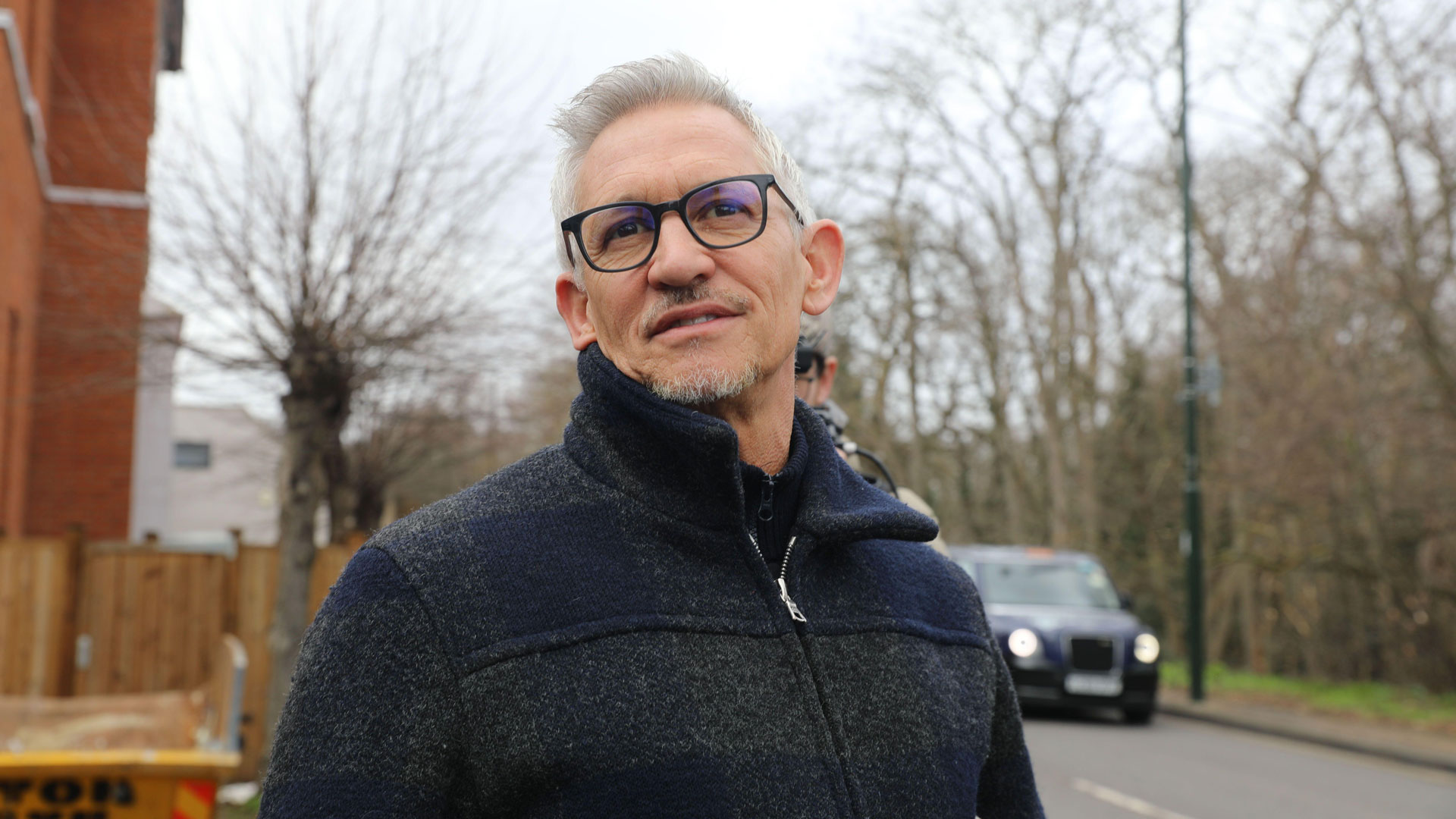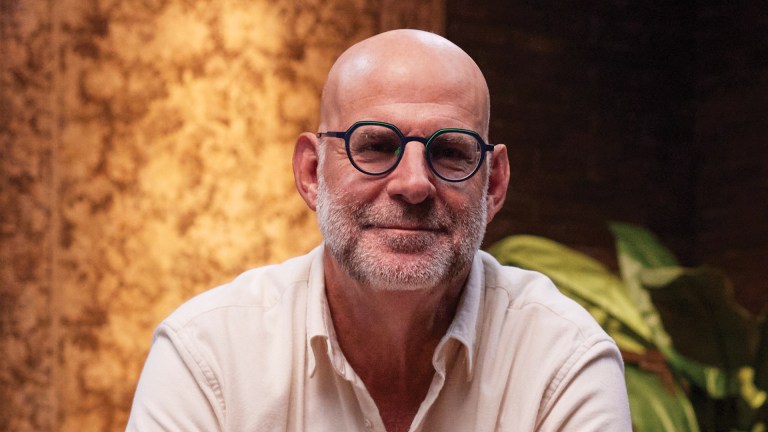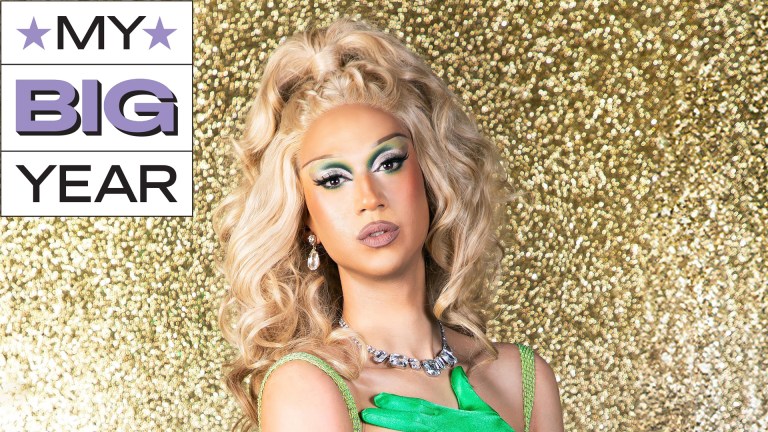When the row around Gary Lineker’s tweets erupted last week, a few concerned voices argued that it was going to distract from the central issue: that the government was planning to deny rights to asylum seekers entering the country, at extraordinary personal risk, in small boats. This would now be an argument about football coverage, a famous white man and what well-paid and well-liked BBC freelancers can say on their Twitter accounts. The real issue would be buried, much to the delight of Suella Braverman and her colleagues. The bill would slide past, while the press attention went to Lineker and, at best, the question of why comparing things to Nazi Germany was offensive.
It wasn’t what happened. What a lot of people underestimated, from politicians to the BBC itself to the Twitter commentariat was the affection held toward Gary Lineker by, well, pretty much everyone. All his Match of the Day presenting colleagues, to a one, made themselves unavailable. Sportscasters at BBC Radio 5 followed suit, as did commentary teams. Before long, players were refusing to be interviewed by the BBC, despite their contractual agreements. That weekend, Match of the Day went out with no commentary or analysis for the first time, presumably, ever. Weirdly it got higher ratings than usual, proving once and for all that no publicity is bad publicity. Viewers wanted to see how bad it could be. The public seemed to universally support Lineker. At Hammersmith Apollo, pop wunderkind Self Esteem did her encore wearing a ‘Free Gary’ t-shirt.
What happened next was that a cynical Tory vote-winning exercise became a focus of national debate by proxy. Lineker was the focal point, but it turned out to be impossible to discuss his ban without discussing what he said to provoke it. And what he said was this:
“There is no huge influx. We take far fewer refugees than other major European countries. This is just an immeasurably cruel policy directed at the most vulnerable people in language that is not dissimilar to that used by Germany in the 30s.”
Gary Lineker
It’s a powerfully simple statement that contains two facts (no influx and taking fewer refugees than other major countries), one opinion (that this is immeasurably cruel) and one easily-arguable comparison (“not dissimilar to that used by Germany in the 30s”) and suddenly it was being debated everywhere. In pubs, on buses, in the smoking area at work and the school canteen.
This is the power of mainstream, direct television. (A power that Strictly winner Hamza Yassin also discusses in this week’s cover feature in The Big Issue, in which he says he used the prime-time dance show to increase awareness of environmental issues. “This is the power of what Strictly can do,” he explains.) The conversation didn’t happen because The Sun put it on the front page, or the BBC News app did a push alert – it happened because it intersected with a TV staple; something that’s part of the furniture in millions of households. It happened because the issue crossed paths with someone who, despite his glorious sporting past, is a broadcaster first and foremost, and a hugely trusted and liked one at that.
The argument that TV is no longer relevant or powerful died that weekend. It showed that thousands of people from all over the country would pay attention once a story became relatable enough. TV was back in the game.









